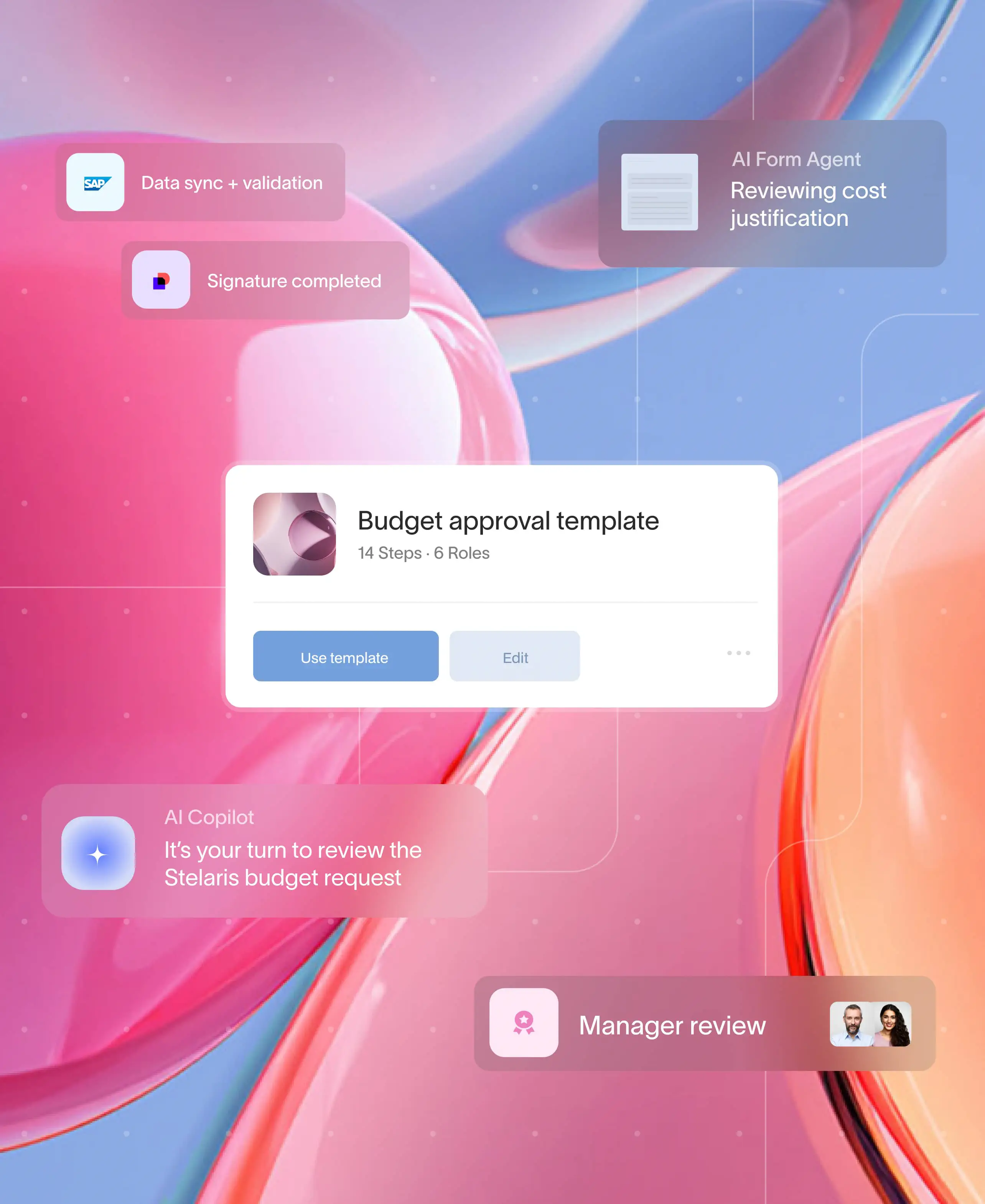
In the fast-paced world of business, managing client projects efficiently is not just a necessity, but a strategic advantage. The term 'project management' itself sounds like a labyrinth of spreadsheets, timelines, and jargon that only the most corporate of corporate can endure. However, those working in small to medium-sized enterprises (SMEs), the burgeoning freelance community, and the startups of our age can no longer afford to ignore the principles of project management.
Small businesses often struggle with juggling multiple hats, especially when it comes to managing client projects. While the art of project management is vital for delivering high-quality services on time and on budget, it can be a complex and daunting task for those starting out or looking to improve their process. In this comprehensive guide, you’ll learn how to demystify client project management for your small business, uncovering practical approaches that can streamline your workflow and delight your clients.
What is a client project?
Projects, in a business context, are temporary undertakings that create unique products, services, or results. They have a defined beginning and end, with specific objectives. A client project is one undertaken on behalf of a customer or client. It's characterized by collaboration, where understanding the client's needs, meeting their expectations, and ultimately delivering a satisfactory solution, is essential.
The key differentiator between usual business tasks and client projects is the focus on delivering value through a one-off, bespoke service. This can range from the creation of a website for a local business to the development of a personalized software solution for a corporate client. It could even include consulting projects where a service provider advises on a particular challenge the client faces.
Other types of projects
Consider a few other project types to give you an idea of the variety within this term:
- Internal projects: Companies conduct projects for their requirements, such as upgrading IT infrastructure or launching a new marketing campaign.
- Regulatory projects: Projects initiated to meet specific regulatory requirements, often associated with the legal sector or government contractors.
- IT projects: Not restricted to software development, IT projects could range from system integrations to network overhauls.
- Construction projects: This is the classic image people often have of Project Management – the creation of a building or infrastructure.
- Product development projects: The cradle of innovation where new products are researched, designed, and brought to market.
Unveiling the wssence of a client project
Before we indulge in the complex intricacies of project management, it's crucial to understand what a client project truly is. For businesses of all sizes, a project is a temporary endeavor with a clear beginning and end, undertaken to meet specific goals which might include creating a unique product or service, improving operations, or effecting change. In the context of a small business dealing with clients, a project is an opportunity to deliver value, build relationships, and grow your reputation in the marketplace.
Identifying key elements of a client project
Every client project, regardless of its nature, consists of critical components:
- Scope: Clearly defined tasks and objectives.
- Timeframe: Start and end dates that align with client expectations.
- Resources: Human, financial, and material resources required for the project.
- Communication: A prescribed method for keeping the client and team informed.
- Risks: Anticipated hurdles that might affect project success.
- Quality: Standards and metrics for what constitutes a successful project.
Setting the scene for success
Managing client projects is as much about the groundwork as it is about the execution. Before the project kicks off, solidify the planning phase with a robust proposal that outlines the problem to be solved, your unique solution, and the anticipated outcomes. This will not only align your team and clients but also serve as a roadmap for the entire project.
Understanding client project management
Project management, in essence, is the practice of initiating, planning, executing, controlling, and closing the work of a team to achieve specific goals and meet specific success criteria. When it comes to managing client projects, the stakes are higher. You're not just delivering a service; you're also managing client relationships and expectations, which can greatly influence current and future business opportunities.
The benefits of effective project management
The benefits of effective project management extend beyond successful project completion. For small businesses, it can:
- Enhance client satisfaction through clear communication and efficient delivery.
- Improve team productivity with defined roles and responsibilities.
- Increase profitability by minimizing project delays and scope creep.
- Strengthen brand reputation as a business that reliably delivers on its promises.
Core principles of client project management
To excel in client project management, you need to adhere to key principles:
- Clear Objectives: Every project should have a clear objective that is unambiguous and measurable.
- Defined Plan: A well-structured plan outlines tasks, milestones, and deadlines.
- Realistic Expectations: Ensure that your client understands what can be delivered within the given constraints.
- Continuous Communication: Have a robust communication plan to keep stakeholders informed at all times.
Navigating project management for small businesses
For small to medium-sized businesses, managing projects can be complex without the right approach. But the good news is that effective project management does not have to be elaborate. It's about adopting the right methodologies and leveraging the best tools to facilitate the process.
Tailoring project management approaches to small businesses
Big or small, every business has unique requirements, and the same project management method cannot be applied universally. Small businesses benefit greatly from methodologies like Agile or Scrum, which emphasize adaptability and customer collaboration, or the traditional Waterfall model that respects the hierarchy of tasks and the order of completion.
Flexibility as a competitive edge
Unlike larger corporations, small businesses can harness the power of flexibility. When unexpected changes occur, adapt your project management approach to accommodate new information while still maintaining focus on client needs and satisfaction.
Implementing a project management system
An efficient project management system can transform the way small businesses handle client projects. Systems like Asana, Trello, or Basecamp allow you to organize tasks, collaborate with your team, and monitor progress effectively. For a closer connection with your clients, consider solutions that offer a dedicated client portal.
The role of client portals in project management
Client portals are a game-changer in the realm of project management for small businesses. They provide a secure online platform where you and your clients can share information, collaborate on documents, and keep track of project progress without the need for constant meetings and long e-mail threads.
Improving communication efficiency
Client portals streamline communication, ensuring that all project-related information is available to the necessary parties with just a few clicks. This reduces the chances of miscommunication and keeps the project moving forward smoothly.
Enabling secure file sharing
One of the significant benefits of client portals is their secure file-sharing capabilities. You can share sensitive documents and data with your clients confidently, knowing that it's protected from unauthorized access.
Enhancing client collaboration
By giving your clients direct access to project data and updates, you empower them to be more involved in the project and take ownership of their role in its success. Collaboration with clients becomes not just a possibility but a seamless part of your project management process.
Overcoming challenges in client project management
Challenges are inevitable in project management, and small businesses are not immune. However, being aware of these challenges and having strategies to overcome them can greatly increase your chances of project success.
Common project management challenges for small businesses
Small businesses often struggle with limited resources, client demands, and the need for continuous innovation. Additionally, miscommunication or a lack of clear expectations can lead to project derailment.
Strategies to navigate challenges
To address these challenges, focus on prioritizing tasks, setting realistic client expectations, and building a culture of continuous improvement within your team. Clear communication is key, so regularly update project plans and keep all stakeholders informed of changes or progress.
Streamline your projects with Moxo's client portal
Moxo's client portal is designed to meet the unique project management needs of small enterprises, from streamlined file sharing to interactive client collaboration.
Simplifying integration and use
One of the standout features of the Moxo client portal is its simplicity. It integrates seamlessly with your existing project management system and is intuitive enough for your clients to use without extensive training.
Real-time project insights
Moxo provides real-time insights into project progress, showcasing task completion, time tracking, and financials in an easy-to-understand format. This level of transparency builds trust with your clients and keeps everyone on the same page.
Client-centric assessment
The Moxo client portal allows for quick client feedback and assessment, ensuring that their experience is at the forefront of your project management. This feature enables you to adapt and improve your service delivery in real-time.
Real-time collaboration
Moxo provides a centralized platform where your team and clients can collaborate on project tasks, share files, and communicate seamlessly. Real-time updates keep everyone informed of the project's progress, ensuring that work is always coordinated.
Dynamic planning tools
Moxo's dynamic planning tools empower project managers to create and adjust plans with ease. With clear visibility over project workflows and stages, Moxo helps you keep your project on time and budget.
In conclusion
Client project management is essential, not a luxury. It combines a client's needs with a provider's capabilities to achieve success. It may seem overwhelming at first, with the challenges of handling multiple clients or startup growth. However, mastering project management sets professionals apart from hobbyists, and ambitious startups from emerging brands. By grasping project management principles and adapting them to meet your clients’ needs, you can boost productivity, quality, and satisfaction. This is true whether you're a freelance graphic designer, run a small marketing firm, or are growing a SaaS company. Excelling in project management is a skill that yields long-term benefits.
The journey to excel in client project management for small businesses is challenging but possible. By understanding client projects, improving your skills, and using the right tools, you can make your business a symbol of reliability and innovation. View each project as a chance to learn and adapt. This mindset will benefit both your clients and your profits.
Moxo understands that effective project management is about managing change, overcoming unexpected challenges, and delivering true value. We enable small businesses to navigate client project management's complexities, leading to growth and success. To stand out in project management, become an expert in your field and a reliable partner to your clients with our solutions.





